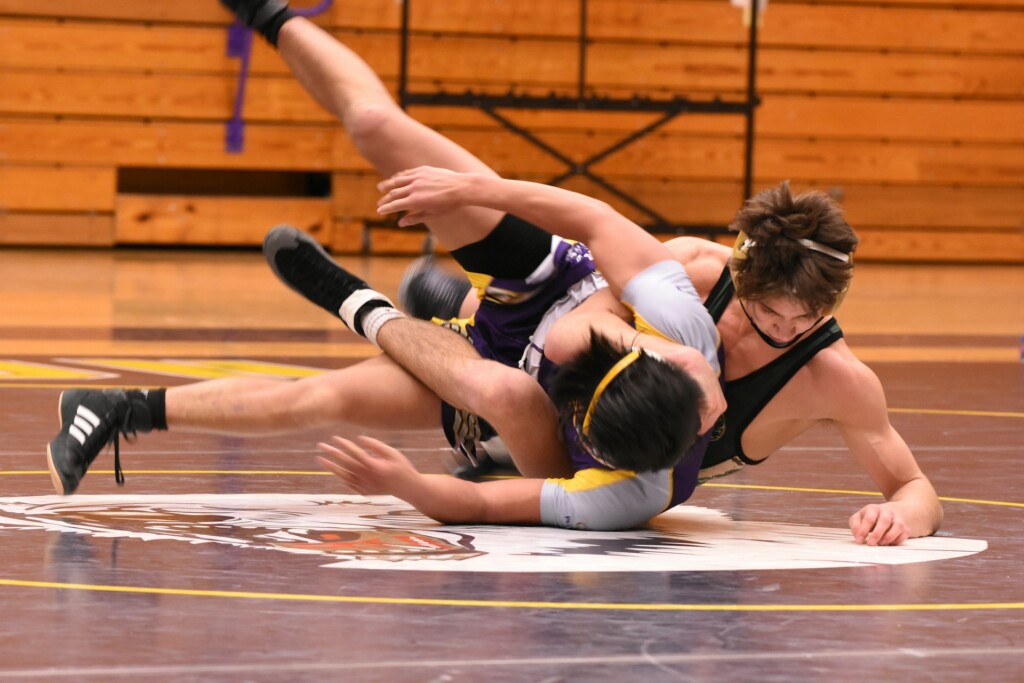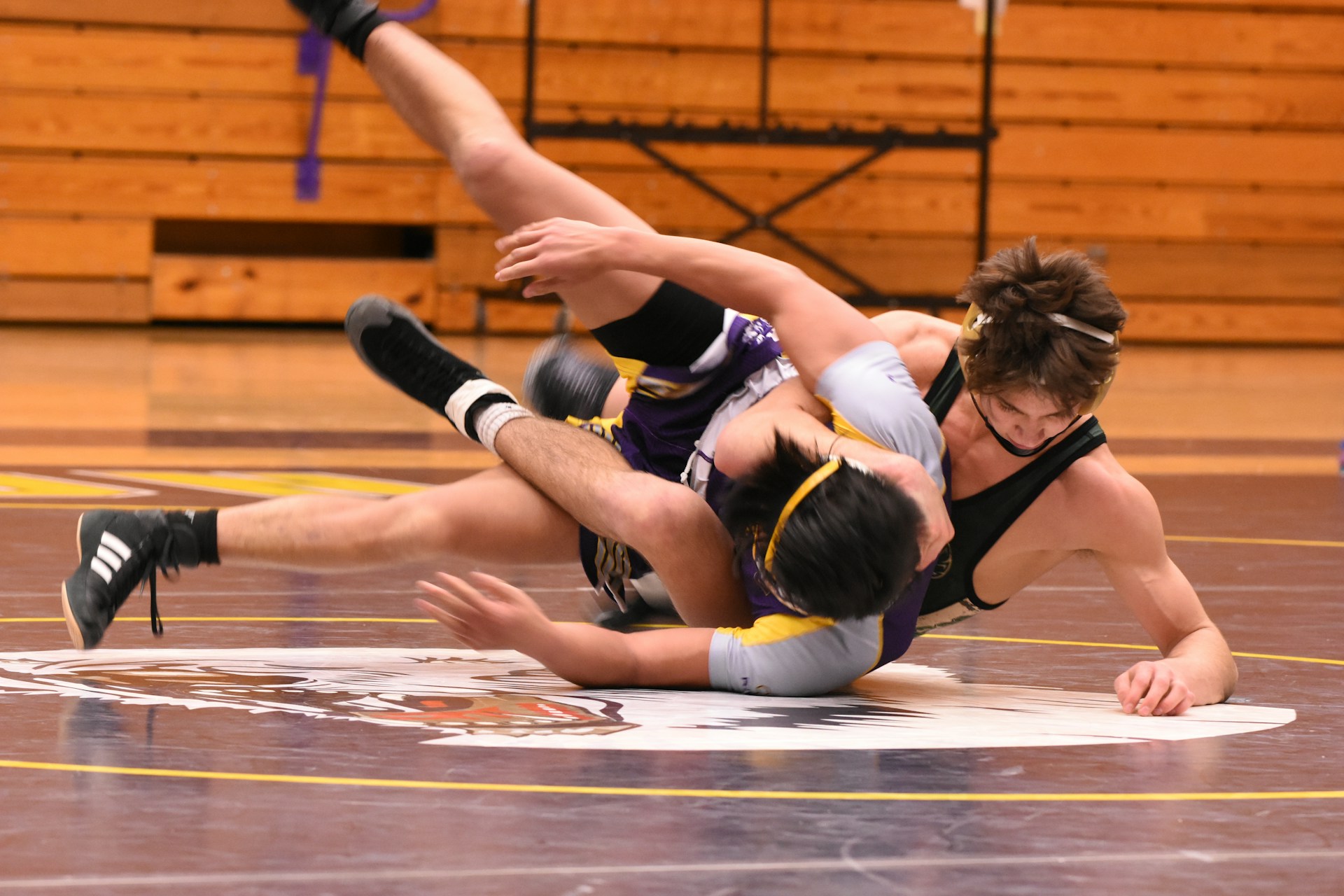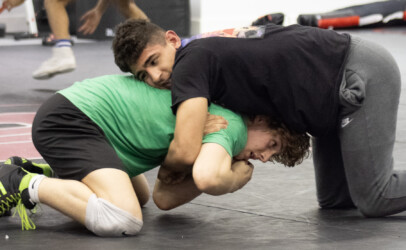Wrestling is not only a test of physical strength and skill but also a battle of wills. Mental toughness is a critical component of success in wrestling, where the ability to maintain focus, resilience, and determination can make the difference between winning and losing. In this blog, we explore strategies for building mental toughness that can help wrestlers of all levels thrive under pressure and overcome the challenges of this demanding sport.

1. Set Clear, Achievable Goals
Setting goals is foundational to developing mental toughness. Goals provide direction and motivation, helping wrestlers focus on what they need to achieve. Start with short-term goals that are specific and achievable and gradually work towards long-term ambitions. Each small success will build confidence and reinforce a positive mindset.
2. Embrace the Discomfort
Wrestling requires pushing your body and mind to their limits. Learning to be comfortable with discomfort—whether it’s the physical strain of a tough match or the mental pressure of competition—can enhance your mental toughness. Regularly challenge yourself in practice to handle higher levels of discomfort, and use these experiences to grow stronger.
3. Visualization Techniques
Visualization is a powerful tool for building mental strength. Before matches, take time to visualize successful execution of moves, winning scenarios, and positive outcomes. Imagine yourself handling difficult situations with calm and determination. This practice can enhance your confidence and readiness, making you mentally prepared to face any challenge on the mat.
4. Control What You Can
In wrestling, as in life, many factors are beyond your control. Focus on what you can control—your preparation, your reactions, your techniques, and your effort. Letting go of uncontrollable elements can reduce anxiety and keep you focused on your performance.
5. Develop a Pre-Match Routine
A consistent pre-match routine can help manage nerves and boost concentration. Develop a series of steps before you compete—such as stretching, warming up, or mental exercises—that help you transition into a competitive mindset. This routine can become a trigger, telling your mind and body it’s time to perform.
6. Stay Positive
Maintaining a positive attitude is crucial for mental toughness. Focus on positive self-talk and affirmations that reinforce your ability and readiness to compete. When you make mistakes, view them as opportunities to learn rather than as failures. A positive approach will help you maintain morale and resilience.
7. Learn from Every Experience
Every match, whether a win or a loss, is a learning opportunity. Analyze your performances to understand what worked and what didn’t. Discuss your matches with coaches and peers to get feedback and different perspectives. Use this knowledge to adjust your training and strategy, continuously improving your mental and physical game.
8. Support System
Having a strong support system is invaluable. Coaches, teammates, family, and friends can provide encouragement, advice, and motivation. Don’t hesitate to reach out for support when things get tough. Sharing your challenges and successes can make your journey less stressful and more enjoyable.
9. Rest and Recovery
Mental toughness isn’t all about pushing hard; it’s also about knowing when to rest. Adequate rest and recovery, including mental breaks, are essential to maintain psychological health and performance. Ensure you balance intense training with sufficient downtime to prevent burnout.
By developing these aspects of mental toughness, wrestlers can enhance their ability to perform under pressure, recover from setbacks, and ultimately, achieve their full potential in the sport. Remember, mental toughness is built day by day—it is a journey, not a destination.



